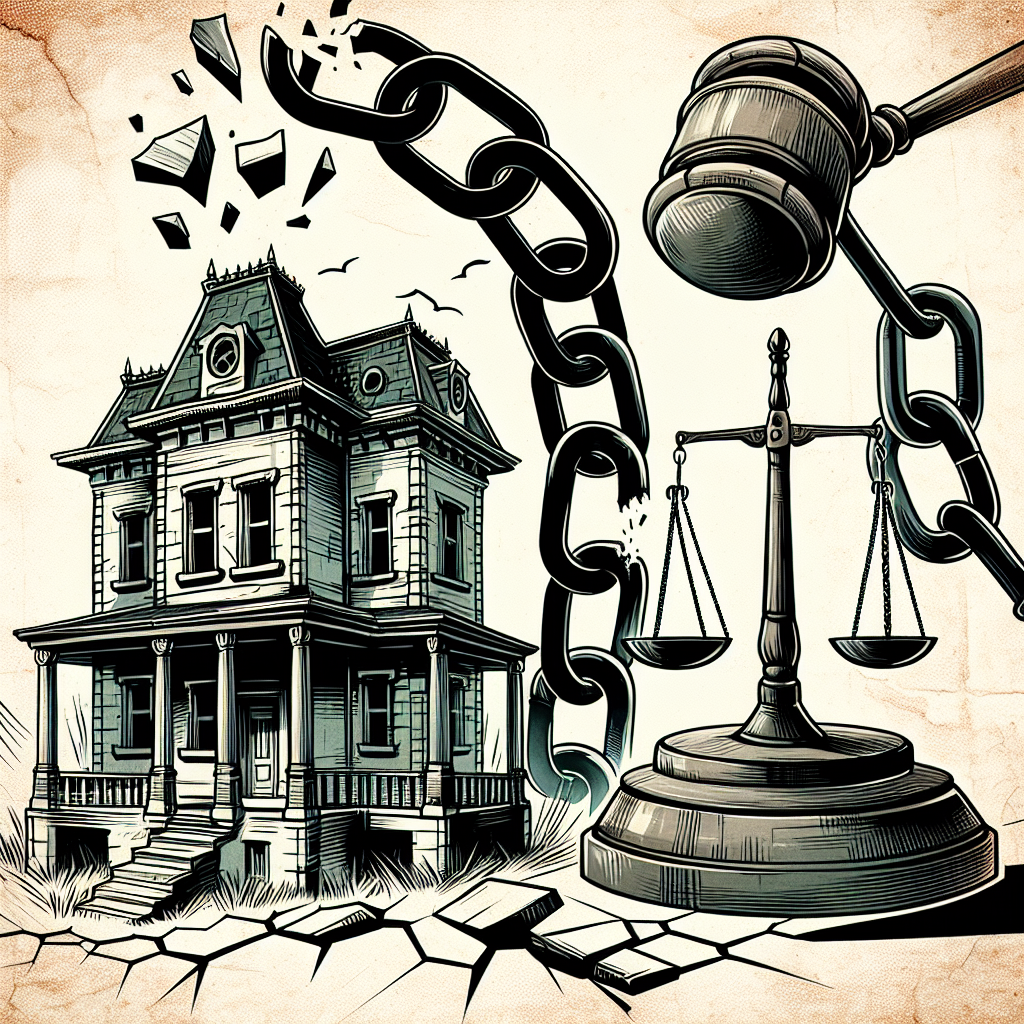Supreme Court Set to Hear Appeals in Notorious Nithari Serial Killings Case
The Supreme Court will hear appeals on April 3 challenging the acquittal of Surendra Koli in the 2006 Nithari serial killings. The Allahabad High Court's decision acquitted Koli and Moninder Singh Pandher, criticizing the investigation as inadequate. The case involved the murder of children and young women in Nithari, UP.

- Country:
- India
The Supreme Court is scheduled to hear a collection of petitions on April 3 that contest the acquittal of Surendra Koli in the notorious 2006 Nithari serial killings case. The decision by the apex court to take up these pleas, filed by parties including the Central Bureau of Investigation (CBI) and the Uttar Pradesh government, challenges the October 16, 2023 verdict by the Allahabad High Court. This controversial decision had exonerated both Koli and Moninder Singh Pandher in a case that gripped the nation due to its gruesome nature and implications of inadequate judicial process.
During a session before Justices B R Gavai and Augustine George Masih, legal representatives in the case categorized it as 'extraordinary,' noting that children and young women in Nithari had gone missing for about two years, with subsequent discoveries of skeletal remains pointing to a series of appalling crimes. The defense for Koli maintains that crucial evidence against him primarily stems from a confession made long after his initial arrest and detention, which they argue lacks credibility.
Originally, Koli and Pandher were sentenced to death by a trial court in 2010, but subsequent appeals to the high court reversed these judgments, criticizing the investigation as 'botched up' and failing to meet the required burden of proof. The recent sequence of events has reignited public interest as justice for the victims remains on precarious ground. With the Supreme Court's involvement, stakeholders hope for a resolution that addresses both judicial errors and the demand for accountability.
(With inputs from agencies.)
ALSO READ
West Bengal recruitment row: Plea challenging Calcutta HC order for CBI probe will be heard on April 4: SC.
CBI Court Acquits Accused in 2008 Cash-at-Judge's Door Case
Legal Relief: Allahabad High Court Stays Arrest of Former SP MP Azam Khan
Mmamoloko Kubayi Requests Full Report from NPA on Omotoso Acquittal
Justice Committee Slams Omotoso Acquittal, Calls for NPA to Address Weaknesses










